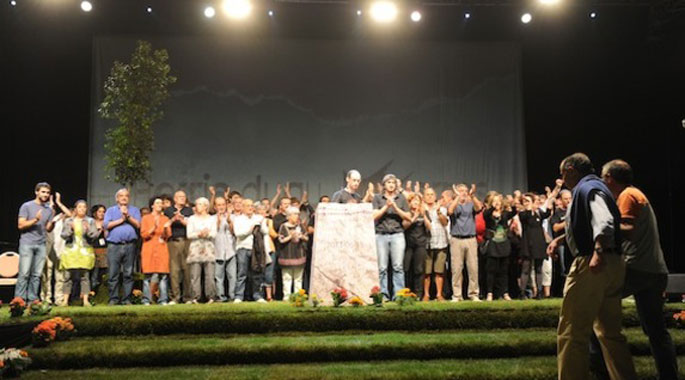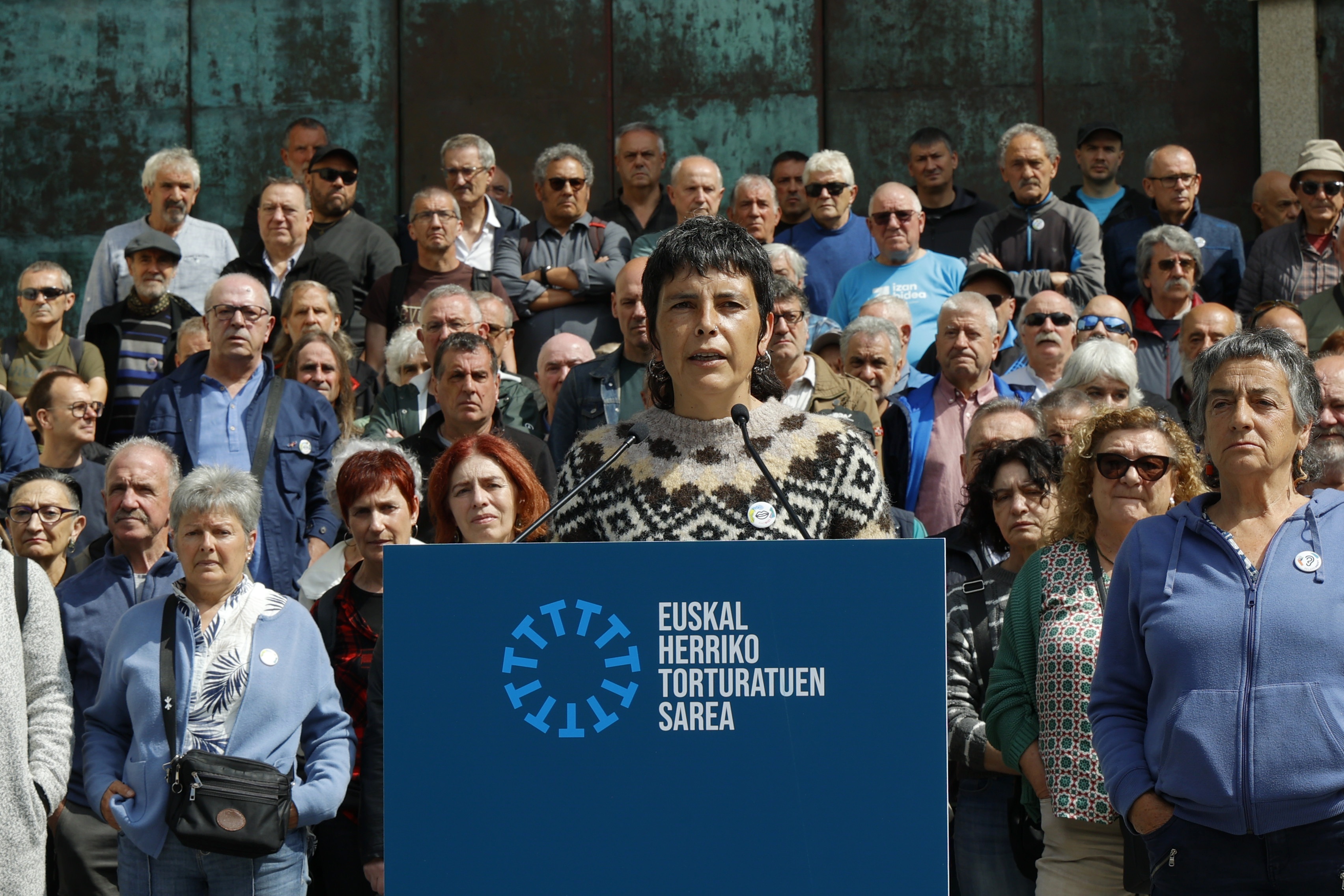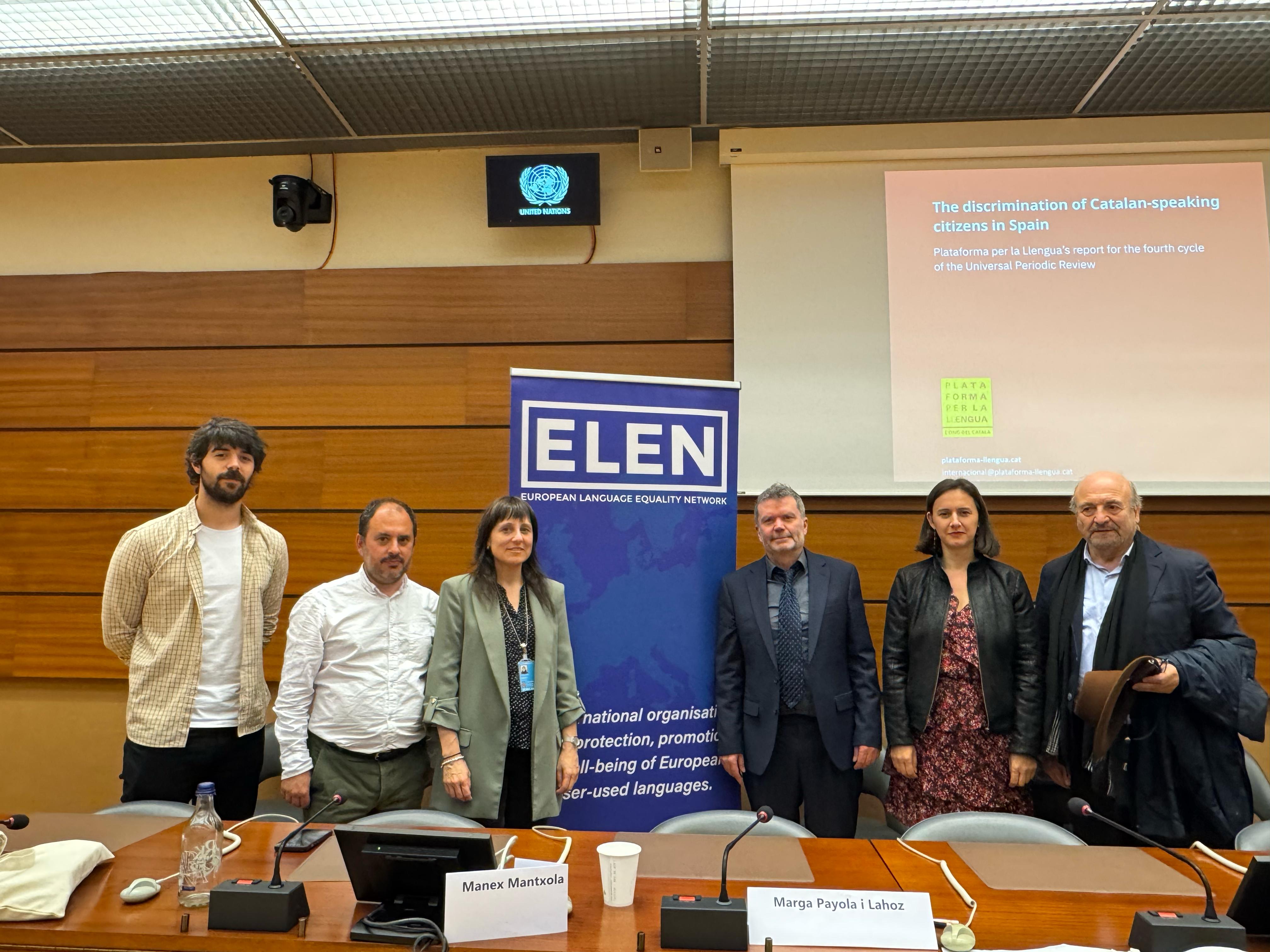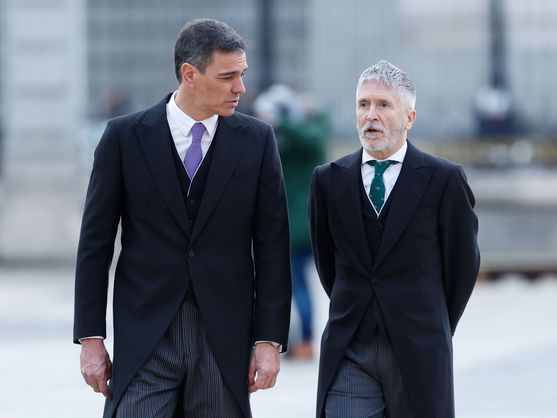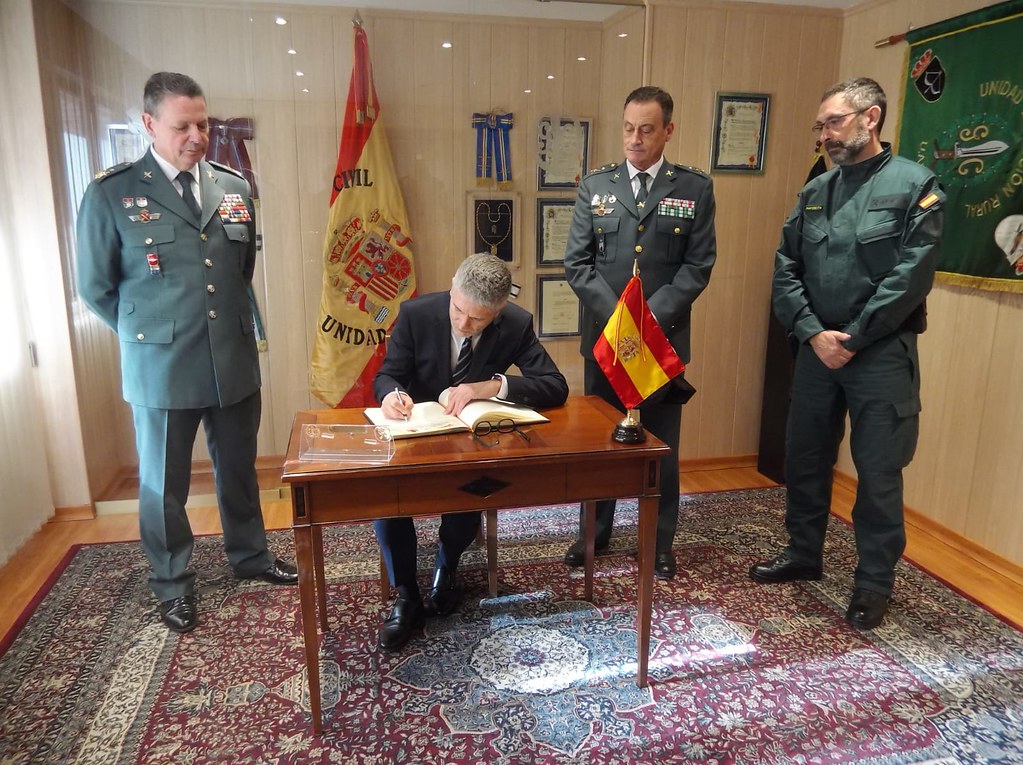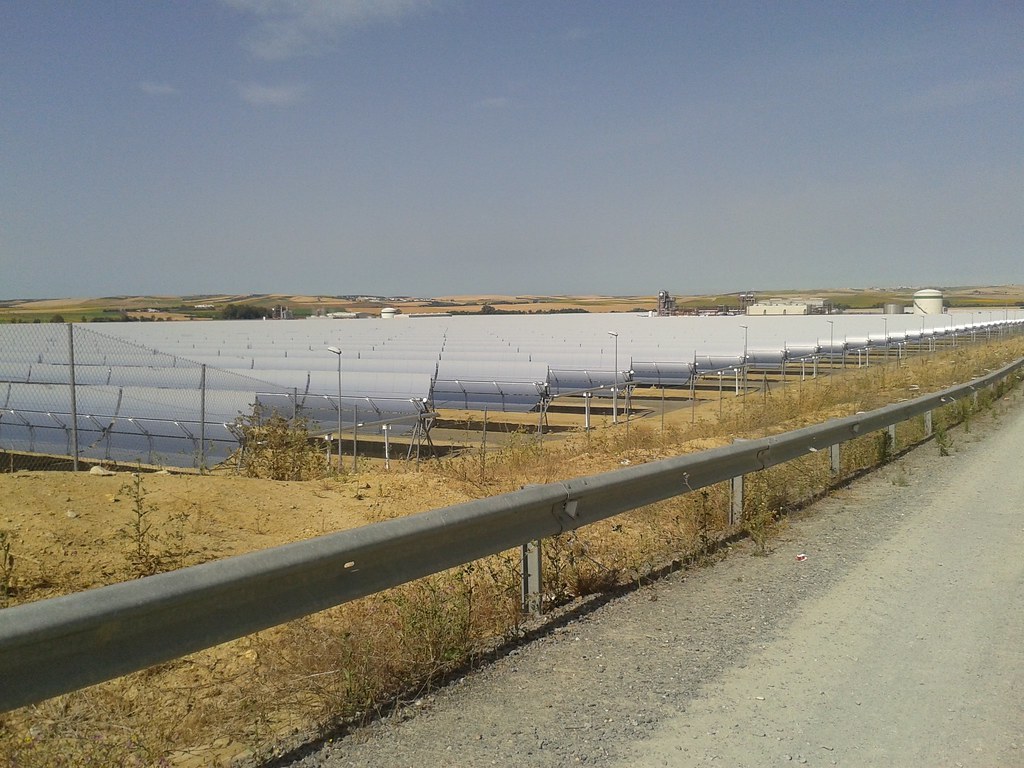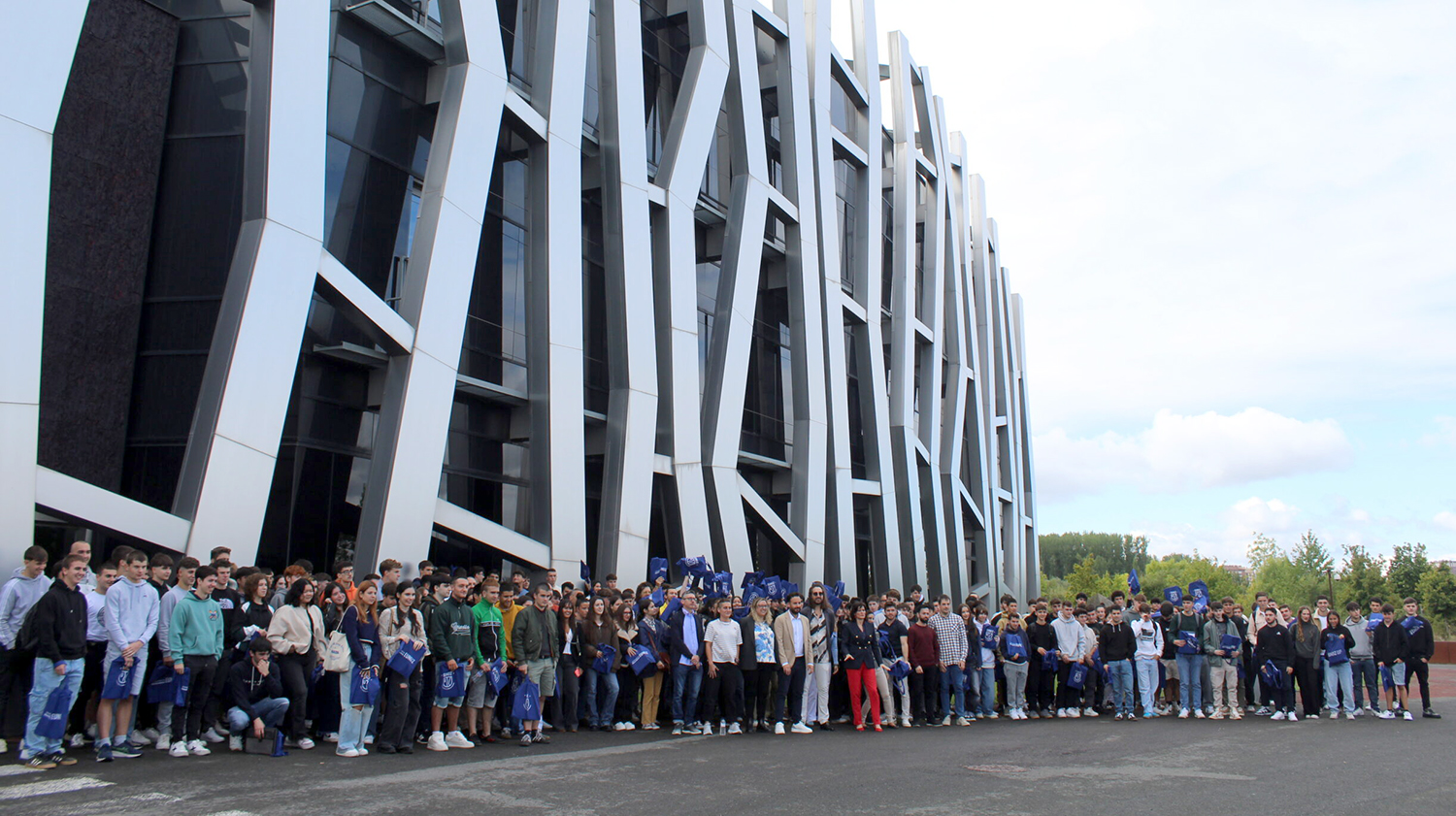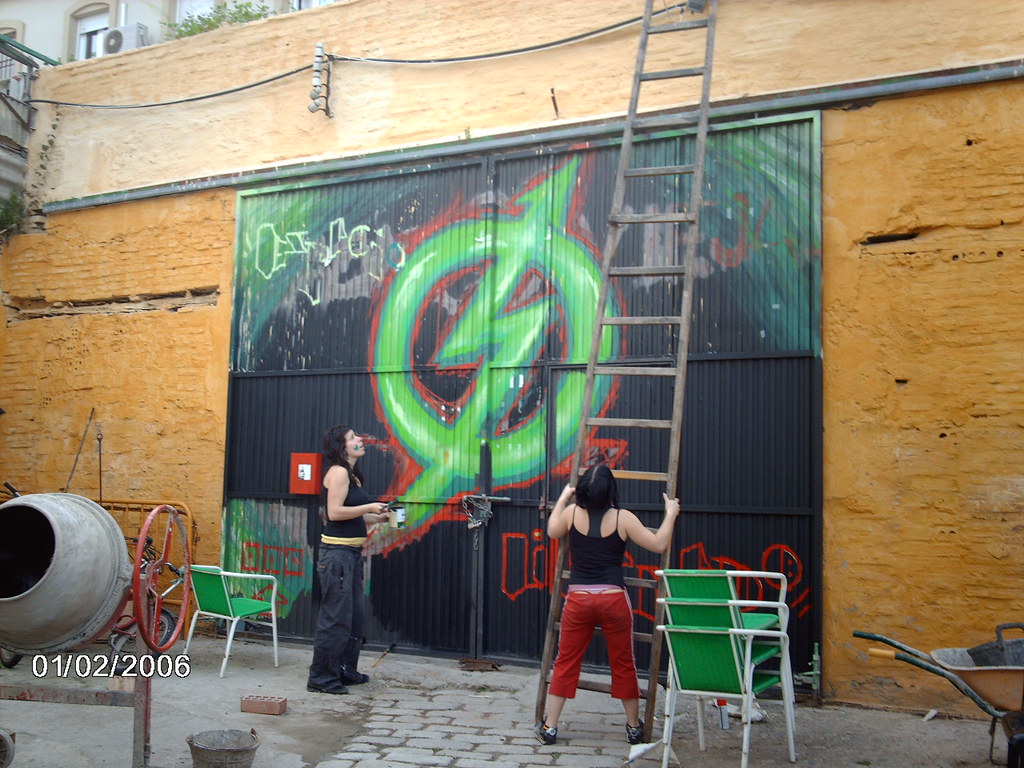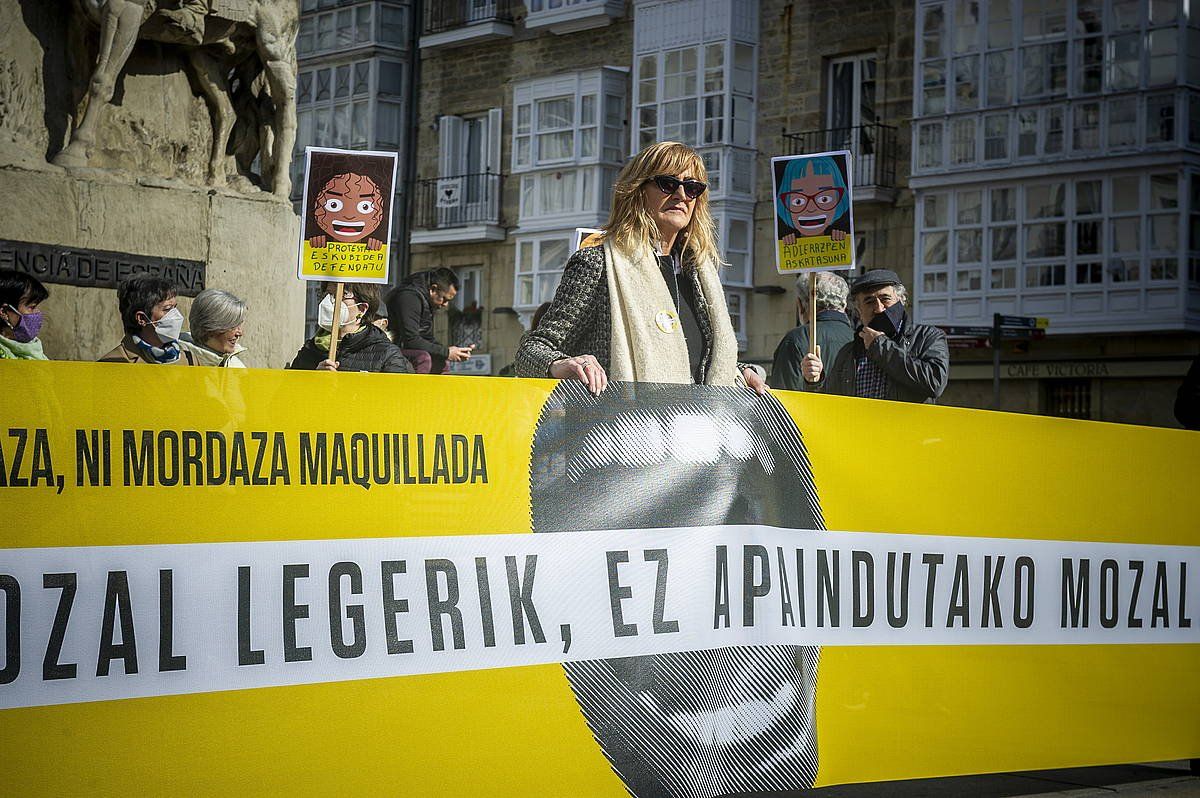Amnesty's law and Sanchez's investiture are in the final steps
- The amnesty law of the Catalan independence process is already in place and the PSOE can begin its proceedings today or tomorrow. This would involve Junts' approval and opening the door to the investiture session for next week.

The PSOE and the ERC have already agreed on the content of the law and can start processing on Thursday. Amnesty law would be based on the consolidation of the pillars of coexistence in Catalonia, within the current legislation. The law recognizes the political conflict between Catalonia and the Spanish State, and would suspend all judicial proceedings initiated at the time of the proces as a result of this conflict. Furthermore, all exiled independence leaders would have the right to return freely to Catalonia.
Street disturbances associated with the Proces, disputes relating to the Democratic Tsunami or the CoR Referendum Defence Groups would also be suspended. At the same time, amnesty would also affect the Spanish Security Forces which, on the day of the referendum in October 2017, led a crackdown on citizens.
What does amnesty mean?
The Spanish Government pardoned members who were torn and imprisoned around the Proces in 2021, but maintained some sanctions such as disqualifications. Now we are moving from pardons to amnesty. Basically, the amnesty law says that what happened after the referendum should never happen, so neither should the application of Article 155 of the Constitution, which abolished Catalonia’s autonomy. Finally, an amnesty law eliminates the crime and thus the judicial consequences adopted, while pardon recognizes the existence of the crime, forgiving the perpetrators.
Investiture 9 or 10
In the negotiations with the PSOE, Junts announced from the outset that he would not support the investiture of Pedro Sánchez until the amnesty law is put into effect. It is said that 95% of the negotiations between Junts and the PSOE are related and can therefore be an investiture attempt on 10 or 11.
Pedro Sánchez can obtain 178 votes in favour in the first vote, perhaps 179 if the Canary Islands Coalition votes. 171 votes against the right and right. Sanchez is now going to get stronger and stronger support than in the previous legislature: then, on 7 January 2020, in the second vote he obtained 167 votes in favour, 165 against, and 18 abstentions.
Judicial barrier on the right
The expected movements in the conservative legal space in Spain are now showing the first effort: Eight members of the General Council of the Judiciary (CGPJ) request that the entity meet to reject the amnesty law. These eight members were originally proposed by PP.
These eight members are half of the Plenary Session, and the support of the President of the Institution, Vicente Gilarte, or Conservative Judge Wenceslao Olea, would suffice for rejection to flourish. However, in order to prevent this, it would be sufficient for the progressive members of the CGPJ not to attend the plenary session, because there would be no quorum on the subject.
So, what is going to close, but in any case, despite the amnesty law thriving, the PP and Vox anticipate that they will transfer it to the Constitutional Court. It is said that the PSOE has armored the law so that this Court has no reason to reject, but so far no one knows what will happen.
According to conservative parties and judges against Amnesty's law, the principle of amnesty is incompatible with the rule of law and has no place in the Constitution. On the contrary, the Constitution does not hinder amnesty. They cite as an example the 1977 amnesty, which is pre-constitutional, but the right-wing and left-wing parties in Spain tend to settle up and put it as a paradigm of coexistence.
It is also mentioned that the PP government approved fiscal amnesty in 2012. In any case, it should be remembered that the Constitutional Court suspended in 2017 the tax amnesty law processed by Christopher Montoro, without prejudice to the forgiveness of scammers, because the appropriate procedure was not used.
Kritika artean abiatu dira Gasteizko Arana klinika zena Nazioarteko Babes Harrera Zentro bilakatzeko obrak. Ez auzokideak, ez errefuxiatuekin lan egiten duten gobernuz kanpoko erakundeak, ez PSEz bestelako alderdi politikoak ez daude ados proiektuarekin: makrozentroen ordez,... [+]
PP, Vox, Junts eta EAJren botoekin Espainiako Kongresuak onartu du otsoa espezie babestuen zerrendatik ateratzea eta, horren ondorioz, berriz ehizatu ahal izango dute Duero ibaitik iparrera.









